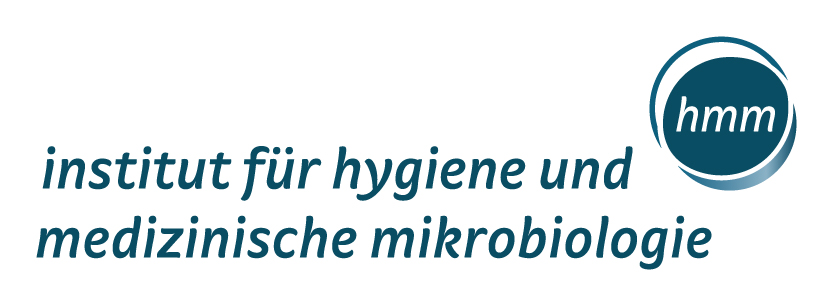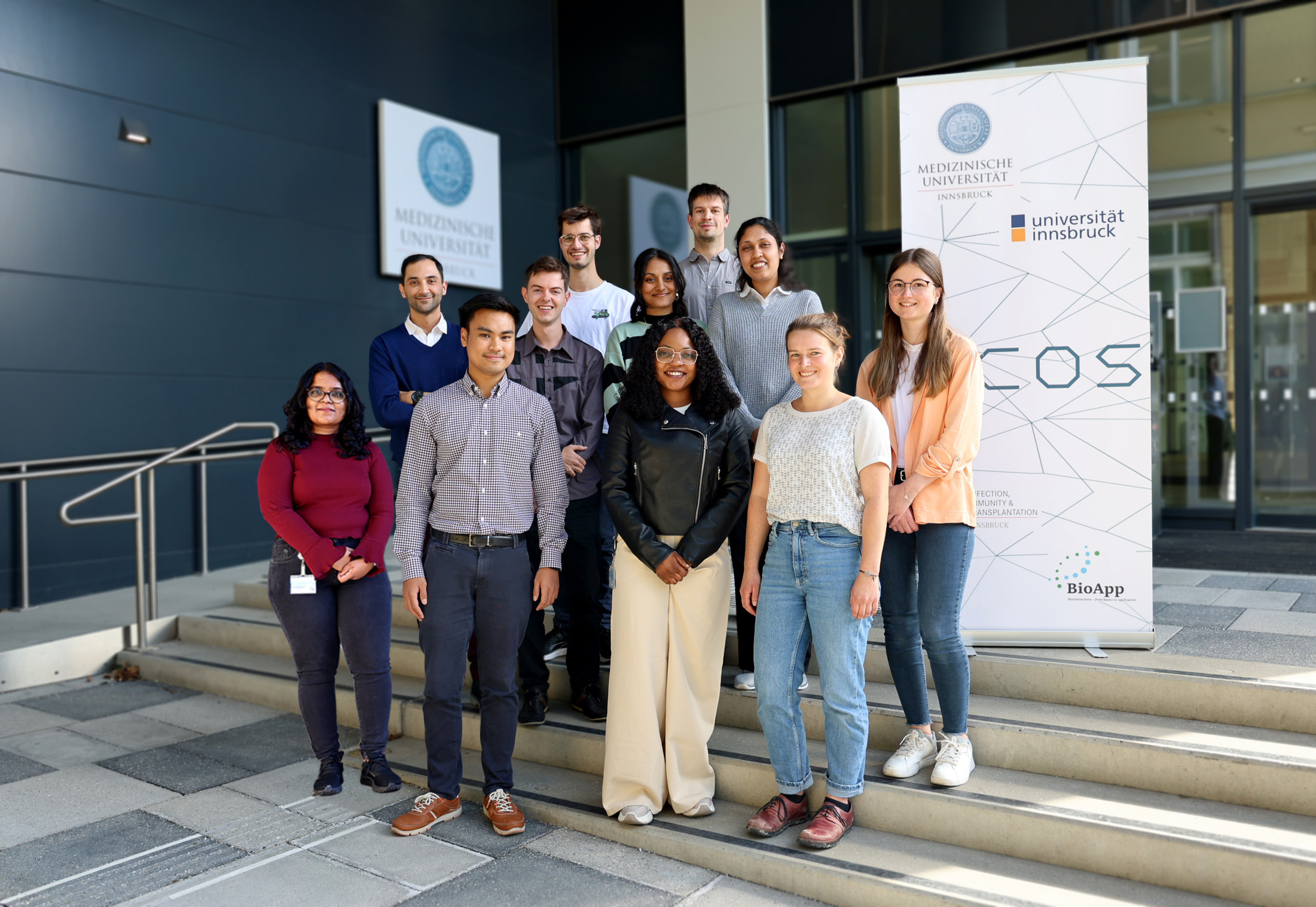Research Questions/Hypotheses
Infections caused by the major mold pathogen of humans, Aspergillus fumigatus, are associated with a concerningly high death toll exceeding several hundred thousand deaths each year. In addition to the severely limited therapeutic options that are currently available, resistance to the major drug class employed clinically, the azoles, is steadily increasing.
Resistance is commonly associated with mutations of the azole drug target encoding gene cyp51A, however a large proportion of isolates are protected against azole treatment by so far unknown mechanisms-of-resistance. The main research question that is going to be investigated in this project focuses on the hypothesis that several further mutations (non-cyp51A) leading to increased or decreased activity of single or multiple genes, create azole resistance.
Approach/Methods
The major objective of this PhD project will be to uncover transcriptional regulation-based defects of a pre-selected set of genes that confer azole antifungal resistance in Aspergillus fumigatus.
To achieve this, the project encompasses training and utilization of state-of-the-art and advanced techniques covering the fields of Molecular Biology, Microbiology, Biochemistry and Cellular Biology including nucleic acid manipulation, genetic engineering, phenotyping, drug-susceptibility testing, metabolite analysis and diverse microscopic techniques.







